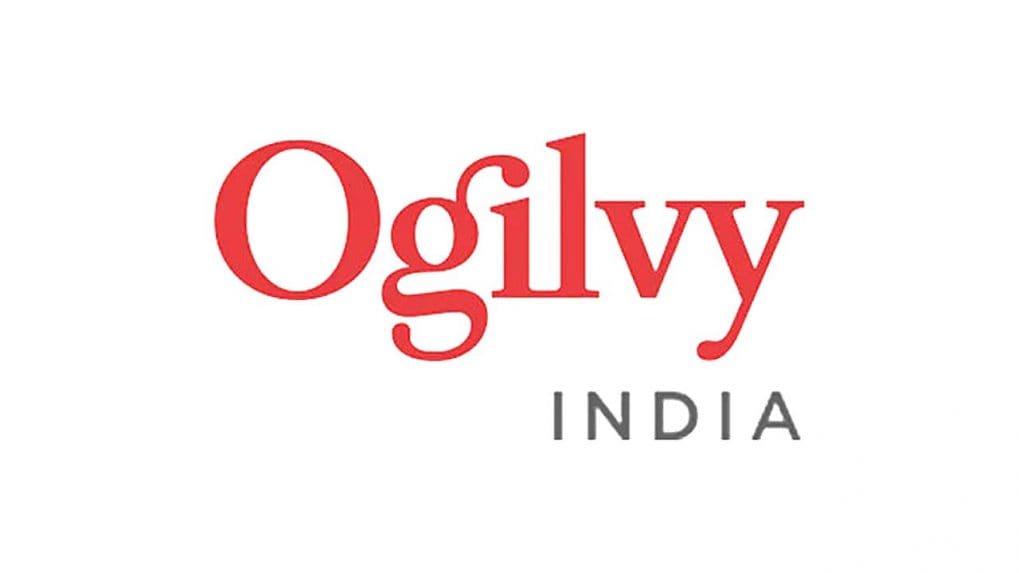Advertising
From Pink Slips to Silent Sidelining: Inside adland’s layoff and anxiety crisis

WPP-owned Ogilvy has laid off around 30–40 employees in India, as the global creative powerhouse grapples with client budget cuts, shifting market dynamics, and pressure to embrace artificial intelligence (AI)-driven operations. Industry insiders told Storyboard18 that client spends in key categories such as FMCG, consumer tech, and lifestyle have been aggressively scaled back, forcing the agency to trim teams.
“This is not about performance, it’s about survival. Multiple creative business are under severe pressure as marketing budgets are not keeping pace with rising costs and the industry’s obsession with automation,” said a senior executive at a rival network agency, requesting anonymity.
"Multiple agencies are undertaking job cuts to optimize spends and to maintain their balance sheets as clients spends decrease directly impacting creative talents", executive said.
The India layoffs are said to be part of a phased process, with more cuts expected in the months ahead. The development follows parent company WPP’s decision in May 2025 to realign its creative network, placing Grey under Ogilvy’s leadership to strengthen collaboration and streamline operations.
Globally, Ogilvy is eliminating about 5% of its workforce — nearly 700 jobs — as part of a restructuring exercise aimed at modernising its business model. The agency, which employed about 14,000 people worldwide in 2024, is repositioning itself to operate in a decentralised structure with deeper integration of WPP Open, its proprietary AI platform.
In India, however, the agency has downplayed the scale of the changes. Monty Bharali, Chief Talent Officer, Ogilvy India, said: “Ogilvy India is not undertaking any layoffs. In a 1000+ people organization, talent evolution is a continuous process every year, driven by our regular churn and the performance appraisal process, and this year isn’t any different.”
Beyond workforce cuts, Ogilvy has drawn attention for dismantling its global diversity, equity and inclusion (DEI) team, mirroring a broader trend across holding companies. Publicis Groupe and IPG Mediabrands made similar moves in 2024, while WPP and Omnicom have removed DEI mentions from their annual reports. Analysts suggest that as holding companies pivot to AI, automation, and shareholder value, softer cultural investments are being deprioritised.
For India’s advertising sector, Ogilvy’s retrenchments underline a wider trend of consolidation and cautious client spending. “The Indian market is still growing, but agencies are caught between client demands for efficiency, pressure from global headquarters to adopt AI-led models, and the need to retain creative talent. Something has to give, and unfortunately it’s the jobs,” an advertising industry veteran told Storyboard18.
Industry observers note that agencies often carefully tread during layoffs to avoid reputational risk with clients and employees alike. “Agencies rarely admit to layoffs, framing them as ‘business as usual’ churn. But the reality is that the scale this time is significant, and it is linked directly to cost pressures and the WPP-wide restructuring,” an industry consultant noted.
The layoffs at Ogilvy India reflect more than just one agency’s internal recalibration; they underscore a structural shift across the global advertising landscape. As AI integration accelerates and holding companies chase efficiency, the traditional agency model is being rewritten. For employees, the uncertainty looms large, with talent caught between technological disruption and shrinking client budgets.
From purpose-driven work and narrative-rich brand films to AI-enabled ideas and creator-led collaborations, the awards reflect the full spectrum of modern creativity.
Read MoreLooking ahead to the close of 2025 and into 2026, Sorrell sees technology platforms as the clear winners. He described them as “nation states in their own right”, with market capitalisations that exceed the GDPs of many countries.